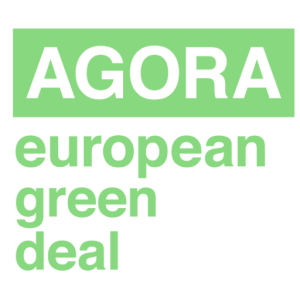The current Spanish EU Presidency places large importance to fostering night skies, and reducing light pollution across Europe. AGORA European Green Deal works with the Tyrol Competence Centre on Light Pollution and Dark Skies in the fields of capacity building and stakeholder engagement.
There are currently 200 areas around the globe certified by DarkSky International, an international NGO working for dark night protection, and against light pollution. To kick off the Kaunertal Process, Ruskin Hartley, CEO of DarkSky International, travelled to Innsbruck and the Kaunertal together with astronomers and biologists from Austria and Germany. The scientists recorded and measured the local sky quality and its development and discussed the inclusion of the Kaunertal and Kaunergrat in the global DarkSky network.
The region is of global interest, as the high mountains shield the light of larger cities. Ruskin Hartley, who was travelling from Tuscon/Arizona (USA), attaches particular importance to the Alpine Arc.
At the constituent meeting for an Austrian chapter of DarkSky International on 18 October, Ruskin Hartley said: „The Alps and Alpine valleys are renowned worldwide for their high mountains, lush valleys, and traditional communities. I think people take the night sky for granted – unaware that it’s a precious resource that needs protecting from changes often dozens or hundreds of kilometers away… Wherever we live, the night sky connects us all. A star-filled sky is a source of awe and infinite wonder. It is also a sign that we’re minimizing our impact on the natural world below.”
Ruskin Hartley joined host Chris Cummins on FM4 radio and was also featured by the Austrian Broadcasting Association’s Tyrolean outlet.




